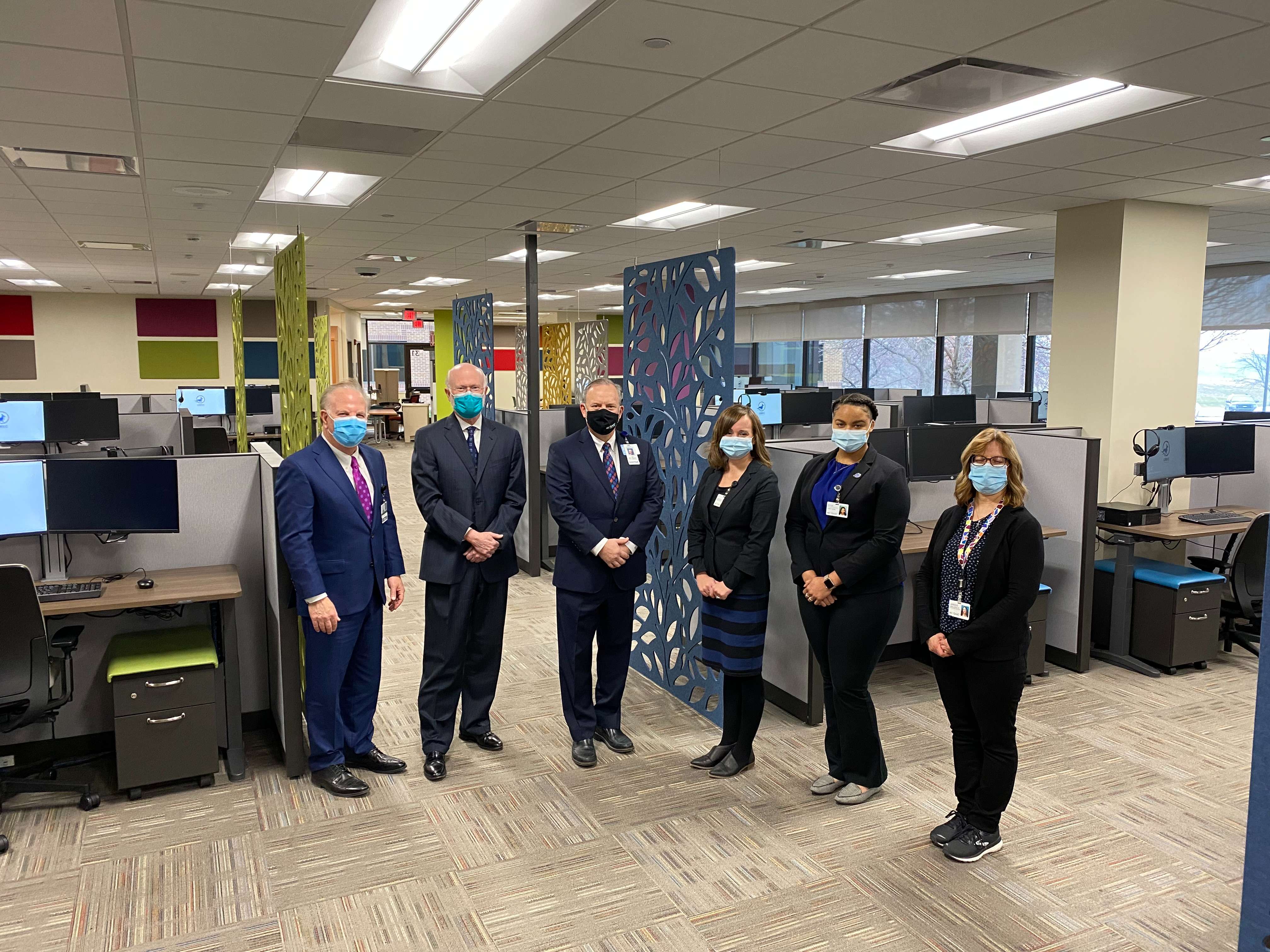
By BRENT MARTIN
St. Joseph Post
A push to recruit more doctors to rural America begins in St. Joseph with the expansion of the UMKC School of Medicine at Mosaic Life Care.
UMKC has announced it received a $7 million federal grant to begin offering classes at the Mosaic St. Joseph hospital.
School of Medicine Dean Mary Anne Jackson says medical students who study in rural settings often work in rural settings.
“Students training in rural programs are three times as likely to remain in practice in those areas,” Jackson tells a Zoom audience during an announcement. “Our goals are to recruit students from rural communities or who are committed to rural health care and prepare them with the same innovative curriculum as students receive on the Kansas City campus as they live and learn in St. Joseph.”
The grant comes from the Health Resources and Services Administration.
State Rep. Brenda Shields of St. Joseph says the move will likely increase the number of UMKC graduates by 20%.
“This is an exciting day for UMKC School of Medicine,” Shields says in the Zoom call. “It is an exciting day for Mosaic Life Care, but it is an absolutely best day for St. Joseph, Missouri and northwest Missouri, because these students are going to be a part of our community. And I just ask that we open our hearts and our arms and we welcome them and embrace them and be excited they’re with us.”
U.S. Sen. Roy Blunt says the money became available when Congress became aware of the need, allocating $25 million in the medical student education fund in 2019 followed by $50 million in 2020. UMKC met the criteria and received the money.
Mosaic CEO, Dr. Mark Laney, calls UMKC an ideal partner.
“And I am absolutely certain we will provide an excellent learning experience for our young physicians,” Laney tells the Zoom audience.
Mosaic Chief Medical Officer, Dr. Davin Turner, says the partnership fits well with Mosaic’s goals.
“Our mission is to provide the highest quality care at the right time in the right place to rural northwest Missouri,” Turner says.
Turner says medical students will learn virtually for their first two years, then will be taught within the St. Joseph hospital, which has classrooms and labs.








